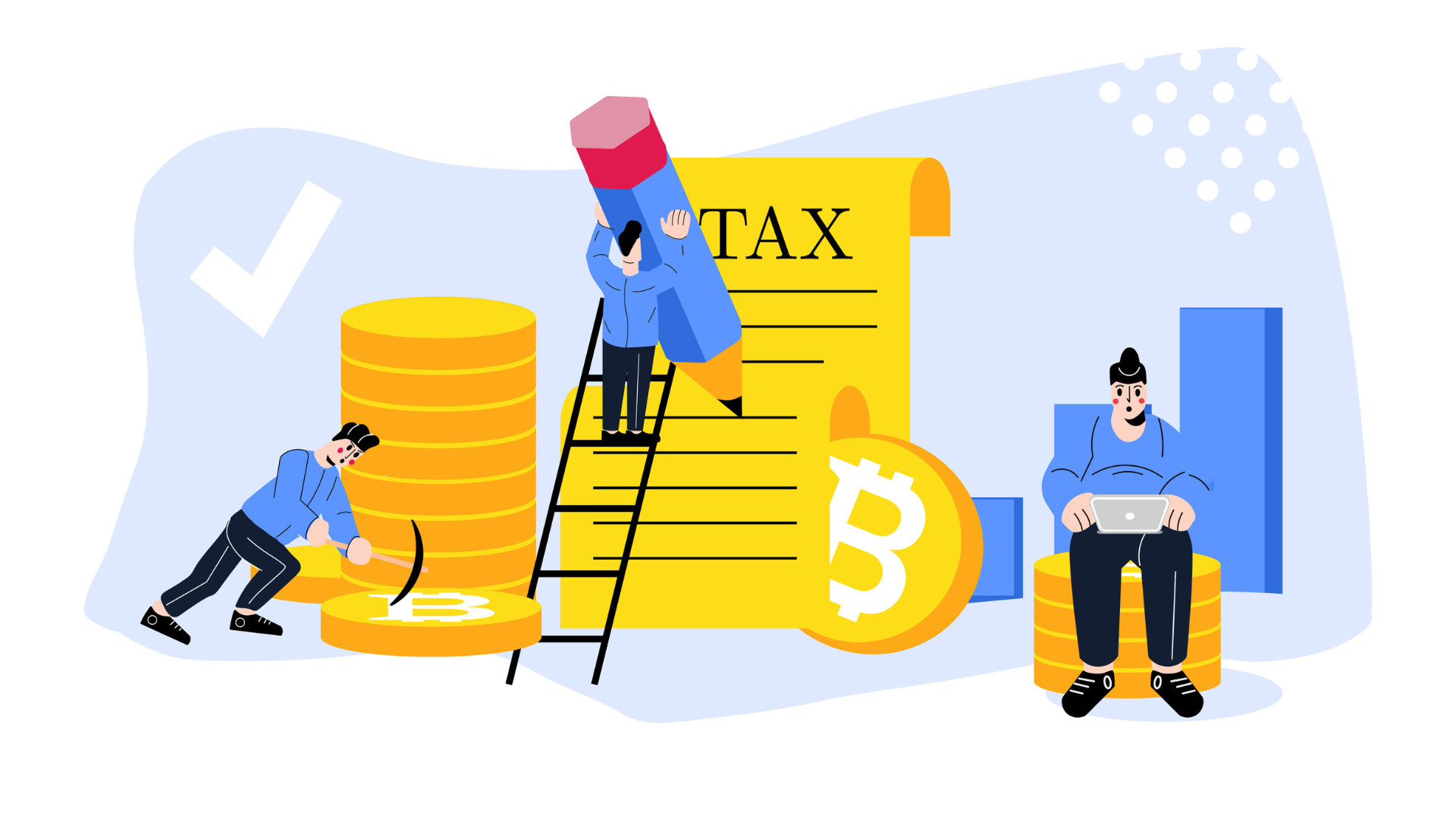Is Crypto Taxed in Canada?
The short answer, Yes. The Canada Revenue Agency (CRA) is quite transparent about the fact that crypto is subject to income tax.
It is important to note here that crypto is considered a commodity by the CRA and not cash. Bitcoin and other cryptocurrencies are also not recognized by traditional banks and brokerages as legitimate currencies. This will be useful as you read through the guide.
As crypto is a relatively new commodity, tax implications have and continue to evolve. The CRA has a full guide for cryptocurrency users and tax professionals. That being said, crypto and tax are complicated subjects and we would advise speaking to a tax professional for further questions and information.
When Do You Owe Taxes on Crypto?
From a high-level perspective, you owe taxes when disposing of your crypto. Examples can include:
- Selling or trading it
- Giving it as a gift
- Converting it to government-issued currency, such as Canadian dollars
- Using it to buy goods or services
Other types of tax implications involving crypto include:
- Mining cryptocurrency
- Being paid by your employer in cryptocurrency
- Staking crypto in Proof-of-Stake currencies
Because cryptocurrency is considered a commodity, simply buying and storing the crypto in a wallet will not trigger a taxable offense.
Most people will pay tax on cryptocurrency gains from the disposition of crypto assets. When filing your income tax return, you will need to know how to value your cryptocurrencies. Valuing the crypto depends on whether it was used as capital property or inventory. The CRA has more detailed information on the difference between the two.

Types of Taxes That Apply
- Business Income
Generally, if disposing of cryptocurrency is part of a business, the profits you make on the disposition or sale are considered business income and not a capital gain. Buying a cryptocurrency with the intention of selling it for a profit may be treated as business income.
- Capital Gains
If the sale of a cryptocurrency is not for carrying on a business, and the amount it sells for is more than the original purchase price or its adjusted cost base, then the taxpayer has a capital gain.
- Goods and Services
Where a taxable property or service is exchanged for cryptocurrency, the GST/HST that applies to the property or service is calculated based on the fair market value of the cryptocurrency at the time of the exchange.
Source: Canada.ca/en/revenue-agency
How To Calculate and Report Crypto On Your Taxes?
It is very important to keep track of all financial records of your activities relating to your cryptocurrency. This information is vitally important when filing your tax returns for the 2022 fiscal year.

First and foremost, you should figure out whether your cryptocurrency earnings are capital gains or business income.
Making profits while trading cryptocurrencies, such as Bitcoin or Ethereum is considered a capital gain, much in the same respect of stocks and gold.
What does this look like? We’ll outline an example scenario below:
Johnny purchases 1 Bitcoin, which at the time was valued at $2,000. He then decides to hold onto it for two years, during which the value of 1 Bitcoin comes to $5,000. Johnny decides to convert his lone Bitcoin into Canadian dollars.
The difference in value when Johnny bought and sold is:
$5,000 – 2,000 = 3,000
Johnny has earned $3,000 from his cryptocurrency trading activity. His earnings are due to capital gains and thus he is taxable on 50% of the value, or $1,500.
If Johnny had earned his 1 Bitcoin by mining, it would be a different scenario and actually be considered as business income. The CRA considers 100% of the amount you make from mining crypto for tax purposes and must be reported on your returns using a T2125 form.
Avoiding Tax on Crypto
You cannot outright avoid all taxes, but there are ways to reduce your tax bill. This may seem obvious, but at the moment you cannot directly invest in cryptocurrency through a Registered Retirement Savings Plan (RRSP) or a Tax-Free Savings Account (TFSA).
BUT, you can buy into an Exchange-Traded Fund (ETF) that invests in Bitcoin through a brokerage in these registered accounts.
The gains on crypto ETFs in your RRSP are not taxed, provided you do not convert them to cash and withdraw the money. For TFSAs, your gains from crypto ETFs are not subject to tax on withdrawals.
These crypto ETFs track certain coins and ultimately you would not own the actual coins, but shares in the ETF.
Donating Crypto to Charity
Donating crypto is rather interesting because it is viewed as a commodity, not as a currency, which complicates matters. An example of this is detailed below:
You buy 1 BTC in December 2019 for $5,000. You then donate this BTC to a registered charity in December 2022 when the fair market value of BTC is $20,000.
According to the CRA, the charity you donate to can only issue a $5,000 receipt for your donation and your donation is a disposition. You’ll need to pay Capital Gains Tax on the difference in value, so $15,000.
Can The CRA Track My Crypto?
Part of the essence of cryptocurrency is its anonymity. It’s almost 2023 and we still do not know the identity(s) of Satoshi Nakamoto, the founder and creator of Bitcoin. It is along these same lines that it may seem that the CRA will not find out if someone does not report their earnings or dispositions.
The reality is, the CRA is very capable of tracking your income and finding out if you did not report all your income through audits and investigations.
The consequence of failing to report any instance where crypto is taxable is the same with Canadian dollars: tax evasion. This should be avoided at all costs and it is wise to report your earnings as accurately and honestly as possible.
Bitcoin Taxation in Canada Still Evolving
It is important to understand that cryptocurrency is still a relatively new innovation for investors. The CRA does provide a detailed guide on the tax obligations associated with crypto.
An area that could receive some attention is the possibility that a single Bitcoin transaction can include thousands of sub-transactions inside it. The idea of keeping track of thousands of transactions seems rather daunting for a single individual. Possibly there may be a solution to this in the future.
Another example is the lack of consistency in accounting methods for Canadian crypto businesses, whether they use the First In First Out or Weighted Average methods.
That said, the CRA is continuing to develop and correctly detail taxable instances for crypto.
While much of the phrasing used by the CRA may not correctly correspond to the phrasing used in the cryptocurrency space, it is evolving and becoming easier to understand and apply than in prior years.






